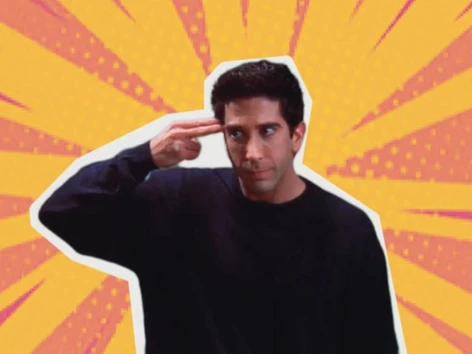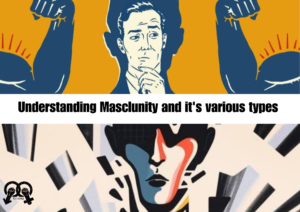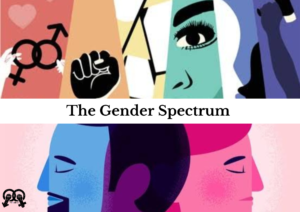His character is an example of both the power accorded to and the perceived powerlessness one feels as a man
“We were on a break” is Ross’s most popular and controversial dialogue from the iconic
American sitcom Friends. Ross’s justification for hooking up with another woman while he
was still in a relationship with Rachel is debated to this day. While flipping through
channels I stumbled upon the same episode and something else caught my attention. It was
Ross tried to comfort a devastated Rachel by saying “I don’t cheat, I am not Joey”, which
sort of made sense given Joey’s promiscuous behaviour throughout the series. However, a
closer examination shows that while Joey did sleep with multiple women, he never actually
cheated on any of them.

‘The Nice Guy’- Subverting Norms
Fragility and Competition
Dominance and Control of Women
Homophobia
References
- Brod, H., & Kaufman, M. (Eds.) (1994). Theorizing masculinities. SAGE Publications, Inc.
- Kimmel, M. S., Hearn, J., & Connell, R. W. (2005). Handbook of studies on men &masculinities. SAGE Publications, Inc.
- Edley, N. (2017). Men and Masculinity: The Basics (1st ed.). Routledge.https://doi.org/10.4324/9781315764245
Naomi Joy Yadav is the gender and communications officer at Ashray Trust, an NGO working against human trafficking and gender inequality. She holds a Masters degree in Gender studies from Ambedkar University Delhi. Her interests range from makeup to music to sports and “taking the fun out of everything” by looking at all these from a gendered lens





